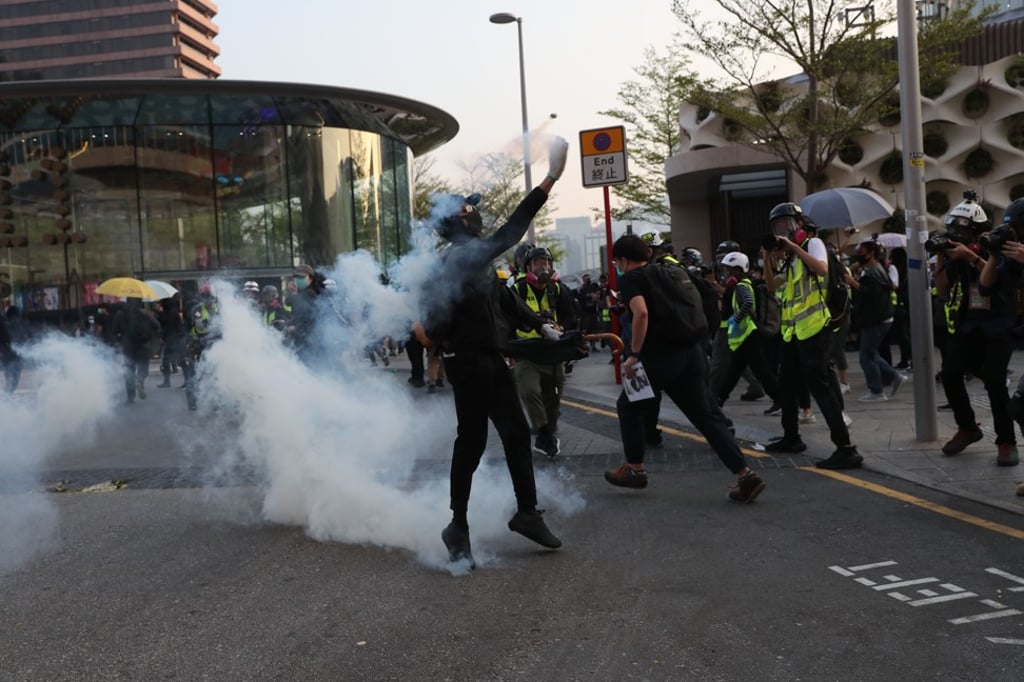Advertisement
Sa Sa to exit Singapore as Hong Kong protests, dwindling mainland tourists crush retail sales
- Exit from Singapore will allow Hong Kong cosmetics chain to put resources in core markets to help stem six years of losses
- Sa Sa and peers face difficult operating environment as fewer tourists from mainland China deny city’s retailers of crucial ‘lifeblood’
Reading Time:4 minutes
Why you can trust SCMP

Sa Sa International, Hong Kong's biggest cosmetics retailer, will close all its 22 stores in Singapore and cut 170 jobs to save costs as it struggles to stem six years of losses, months of anti-government protests, and the US-China trade war.
Attempts to boost sales in recent years by restructuring the local management team and enhancing store display and product mix have been “far from satisfactory,” chairman and chief executive Simon Kwok Siu-ming said in a filing to the stock exchange on Monday. The terminated employees will be compensated according to local employment laws, he added.
Sales in Singapore fell 4.6 per cent to HK$99.4 million (US$12.7 million) in the six months to September 30, the company said, representing 2.8 per cent of the group turnover. At the group level, Sa Sa incurred a HK$36.53 million loss in the period.
Advertisement

“The performance in Singapore has been less than satisfactory for many years, and has recorded losses for six consecutive years,” Kwok said in the filing. “It has decided to close all retail stores in Singapore to concentrate its resources on the markets in Hong Kong and Macau, mainland China and Malaysia, as well as its e-commerce business.”
Advertisement
The 22 stores will be closed as early as possible but the exact timing will depend on negotiations with individual landlords,” he said.
Advertisement
Select Voice
Select Speed
1.00x